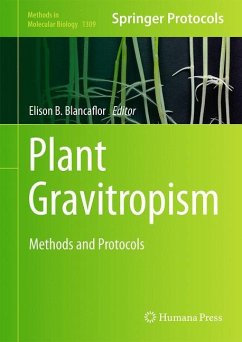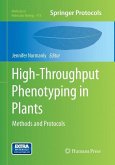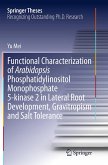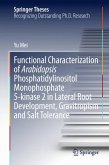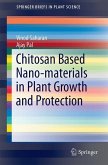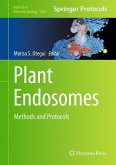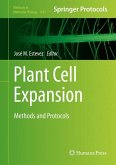This volume provides the plant scientific community with a collection of established and recently developed experimental protocols to study plant gravitropism. The first few chapters in this book discuss topics such as methods to properly orient plant material for gravitropism studies; protocols for data collection and image analysis; and techniques to investigate ion, organelle, and auxin transporter dynamics, particularly in living cells, as the plant is responding to a change in its orientation. The next few chapters talk about topics that are essential for understanding the complexities underlying tropisms and plant movements in general, and outline basic protocols on handling ornamental flowering shoots for basic plant gravitropism studies. The book concludes with chapters that discuss plant biological studies in space in order to take advantage of unique microgravity conditions not available in Earth-based studies. Written in the highly successful Methods in Molecular Biology series format, chapters include introductions to their respective topics, lists of the necessary materials and reagents, step-by-step, readily reproducible laboratory protocols, and tips on troubleshooting and avoiding known pitfalls.
Informative and cutting-edge, Plant Gravitropism is the perfect book for researchers in the plant scientific community because it is not only useful for plant gravitropism studies, but also addresses a range of interesting problems in plant growth and development.
Informative and cutting-edge, Plant Gravitropism is the perfect book for researchers in the plant scientific community because it is not only useful for plant gravitropism studies, but also addresses a range of interesting problems in plant growth and development.

